
Kenyans go to the polls on August 8, 2017 to elect their fifth president since independence in 1964.
The main contenders are the sons of the country’s first president and vice president Jomo Kenyatta and Jaramogi Oginga Odinga respectively.
Incumbent President Uhuru Kenyatta and former Prime Minister Raila Odinga are going head-to-head in the elections together with six other candidates including Mohamed Abduba Dida, John Ekuru Longoggy Aukot, Shakhalaga Khwa Jirongo, Japhet Kavinga Kaluyu, Michael Wainaina Mwaura, and Joseph William Nthiga Nyagah.
We take a look at Kenya’s elections history since its independence in 1964.
Pre-independence elections
The Kenyan African population voted for the first time in 1957 during the country’s legislative elections. The first elections in the British colony took place in 1920.
They voted for eight African seats in the parliament which previously had 14 seats for Europeans, six seats for Indians, one for Arabs and six seats appointed for the Africans.
The first universal suffrage was held in 1961 and pre-independence political party the Kenya African National Union (KANU) won majority of seats in the expanded 65-seat parliament despite the European dominance.
In the 1963 elections, the system was changed again and seats were increased to 129 House of Representatives and a 38-seat Senate.
KANU won majority seats and the country saw its first African Prime Minister in the person of Jomo Kenyatta.
This led to independence in 1964 and Kenyatta became the first President.
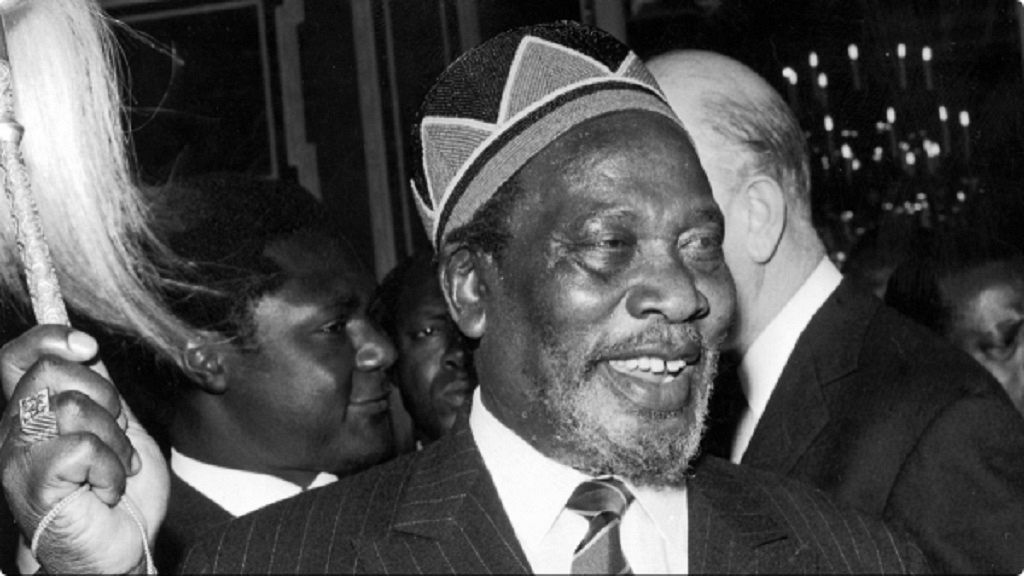
Post-independence elections
Kenya was established as a republic in December 1964, and Kenyatta was elected Kenya’s first president the same month.
A disagreement between the president and his first vice president led to the withdrawal of Jaramogi Oginga Odinga from Kenyatta’s KANU party in 1966, and the formation of the rival Kenya People’s Union (KPU) party together with his supporters in parliament.
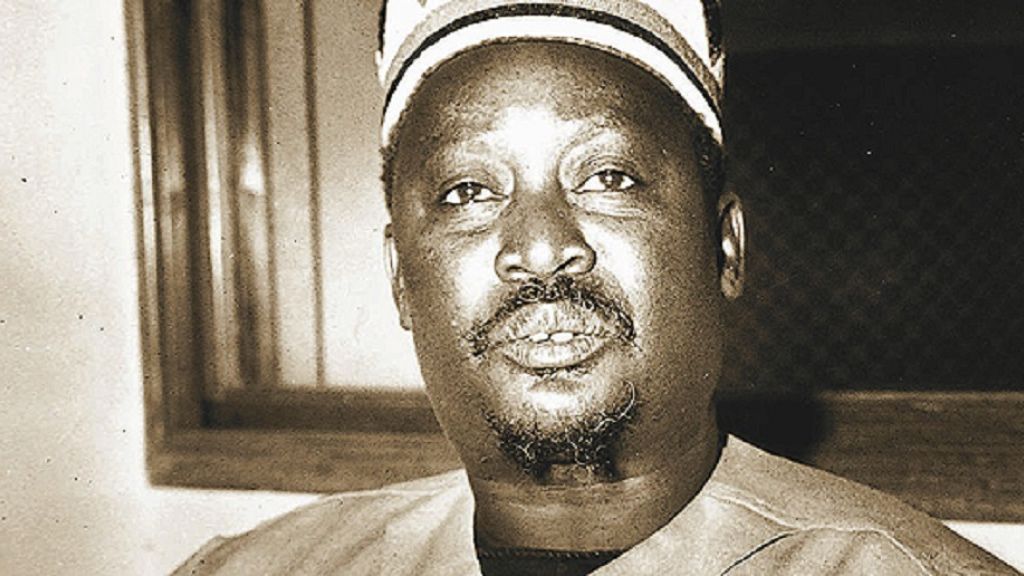
This entrenched the ethnic divisions along party lines with the Kikuyu majority behind KANU and Luo behind KPU.
A by-election was held that year after a constitutional amendment to allow the breakaway KPU to stand for elections.
KPU won majority of votes but KANU won majority of seats. The Senate was abolished subsequently and the House of Representatives transformed into the National Assembly.
One-party state era
Kenya was tranformed into a one-party state in 1969 and KPU was banned leaving KANU as the only party that won all seats in 1969, 1974, 1979, 1983 and 1988 elections led by Kenyatta.
Kenyatta died in office in 1978 and the presidency was continued by his vice president Daniel arap Moi who became the second president.
In 1992, President Moi restored multiple party politics after democratic pluralism swept through Africa. He won that year’s elections.
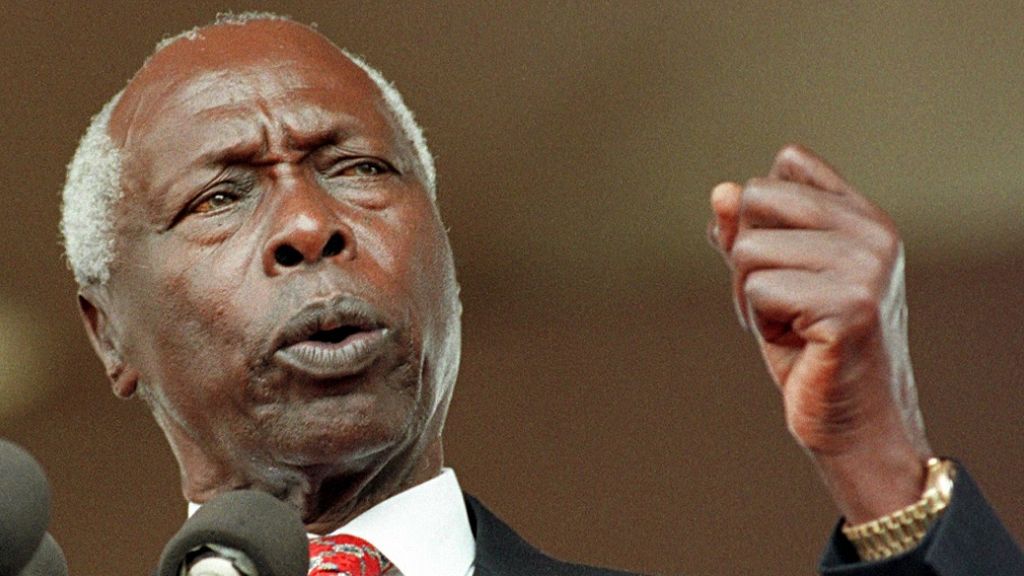
Multi-party politics restored
President Daniel arap Moi won the 1997 elections and groomed current president Uhuru Kenyatta to take over the presidency and continue his father’s legacy in 2002.
Moi stood down in 2002 for Uhuru Kenyatta to stand. He led KANU to its first defeat to an opposition coalition led by Mwai Kibaki.
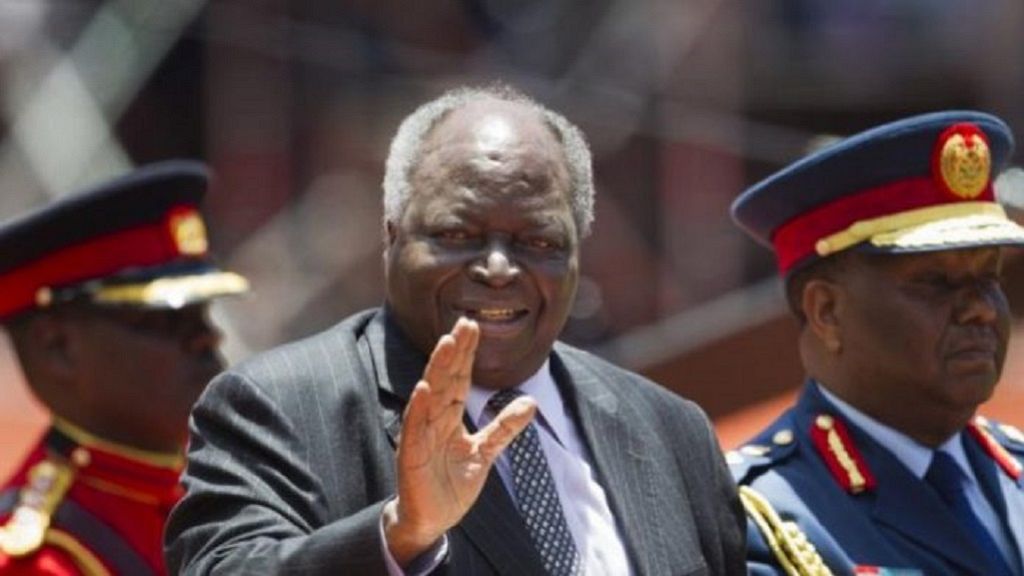
The coalition fell apart and Uhuru backed Kibaki to win the 2007 elections against rival Raila Odinga who had unsuccessfully contested for the first time in 1997 after he returned from exile to take part in the country’s multi-party politics.
Odinga supported Kibaki in the 2002 elections as part of the opposition coalition until they fell out after the polls.
The 2007 elections saw some 1,300 people killed and more than 600,000 displaced after violence that saw Uhuru Kenyatta and his running mate William Ruto indicted by the International Criminal Court in 2011 for incitement of the ethnic violence against Odinga’s supporters.

The charges were dropped against Kenyatta in December 2014 and against Ruto in April 2016 due to lack of evidence.
The post-election violence brought forth the 2008 National Accord and Reconciliation Act. This made Odinga the first Prime Minister since 1964, and Uhuru his deputy.
Elections were held in 2013 under the new constitution in 2010 that was approved after a referendum. Uhuru Kenyatta defeated Raila Odinga, whose party won the most seats in the National Assembly.
Uhuru is running again in 2017 for his second term against Raila Odinga who has been unsuccessful in 1997, 2007 and 2013.
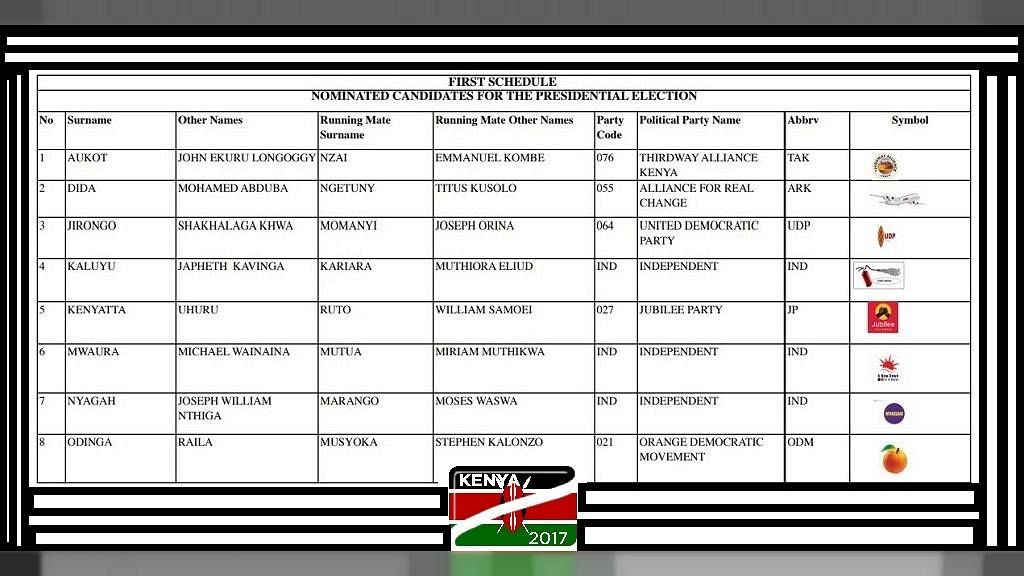
Source: AfricaNews

No comments:
Post a Comment
Add a Comment...